In today’s world, where energy costs are on the rise and environmental concerns are at the forefront, reducing household energy consumption has become more than a financial necessity; it’s a responsibility. Homeowners and renters alike face the challenge of balancing comfort and convenience with the need to use less energy. This guide provides practical tips for lowering energy usage, thus benefiting both the wallet and the planet. By making small yet impactful changes, anyone can contribute to a more sustainable future while also enjoying the perks of reduced utility bills.
Contents
Understanding Your Energy Usage
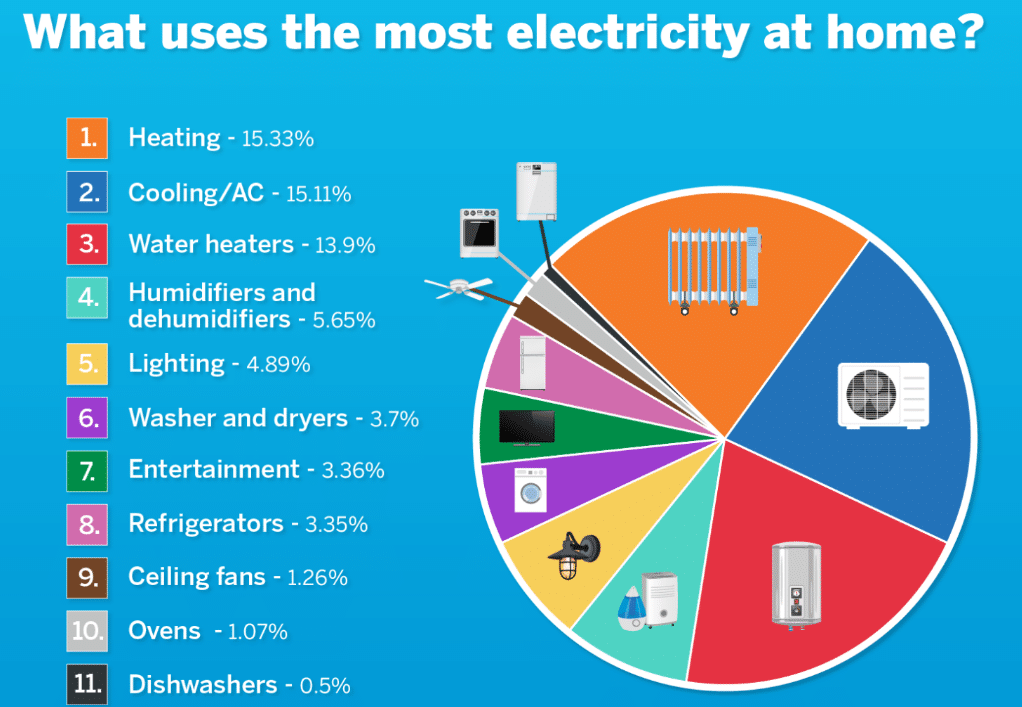
The first step in reducing household energy consumption involves understanding where and how energy is used. Homeowners can start by examining their utility bills, which often provide a breakdown of energy usage. Additionally, investing in an energy monitor can offer real-time insights into energy consumption patterns. These tools help identify which appliances or systems consume the most energy, thus guiding effective changes.
Another crucial aspect is recognizing the primary energy-consuming areas in the home. Typically, heating and cooling systems, appliances, and lighting are the largest energy consumers. By identifying these key areas, homeowners can prioritize their efforts in making changes that will have the most significant impact on reducing overall energy consumption.
Optimizing Heating And Cooling
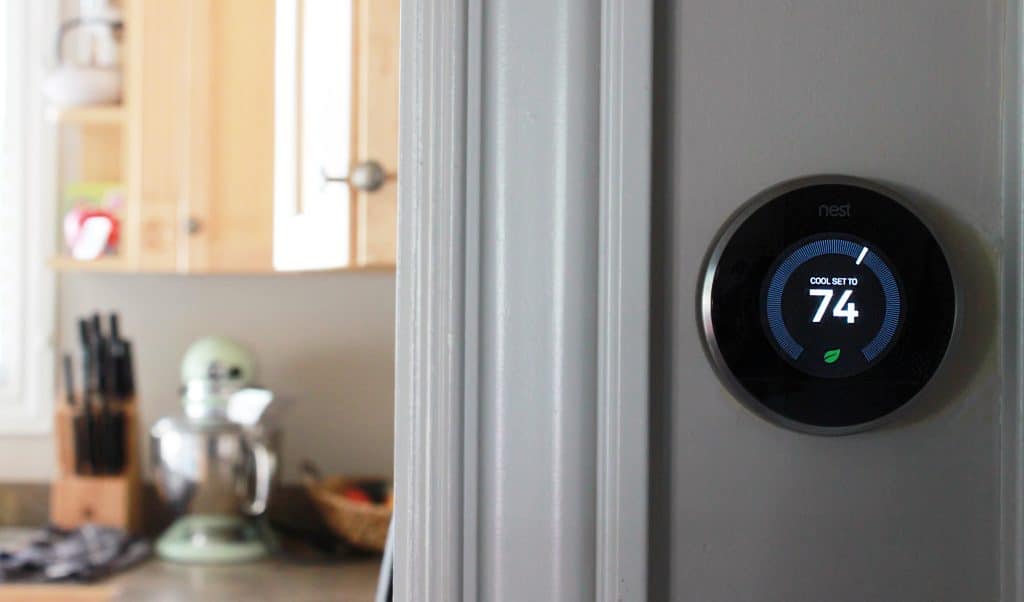
Heating and cooling a home efficiently can result in considerable energy savings. One practical approach is to set thermostats at an energy-efficient temperature. In winter, setting the thermostat to a lower temperature while at home and even lower when away can reduce heating costs. During summer, the opposite approach, setting the thermostat to a higher temperature, helps save on cooling.
Another important factor is ensuring that the home is well-insulated and weatherproof. Proper insulation keeps the desired temperature inside, reducing the need for constant heating or cooling. Regular maintenance of heating, ventilation, and air conditioning (HVAC) systems also ensures they operate efficiently. Replacing air filters, sealing ducts, and scheduling professional check-ups are simple steps that make a big difference.
Energy-Efficient Appliances
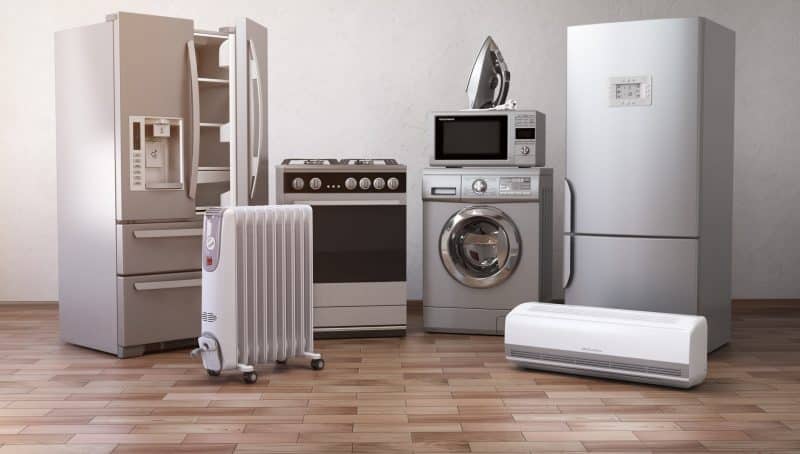
Selecting energy-efficient appliances is crucial for reducing household energy use. Appliances with an Energy Star rating are designed to use less energy while providing the same functionality as their non-rated counterparts. Over time, these appliances can lead to significant savings on energy bills. When shopping for new appliances, paying attention to the Energy Star label and understanding the energy consumption specifications is essential.
However, it’s not just about buying new appliances. Proper maintenance and usage of existing appliances also play a significant role in energy efficiency. For example, cleaning refrigerator coils and ensuring the dishwasher is full before running it can improve efficiency. Understanding the energy-saving settings on appliances and using them effectively can also help reduce energy consumption without the need to purchase new equipment.
Smart Home Technology
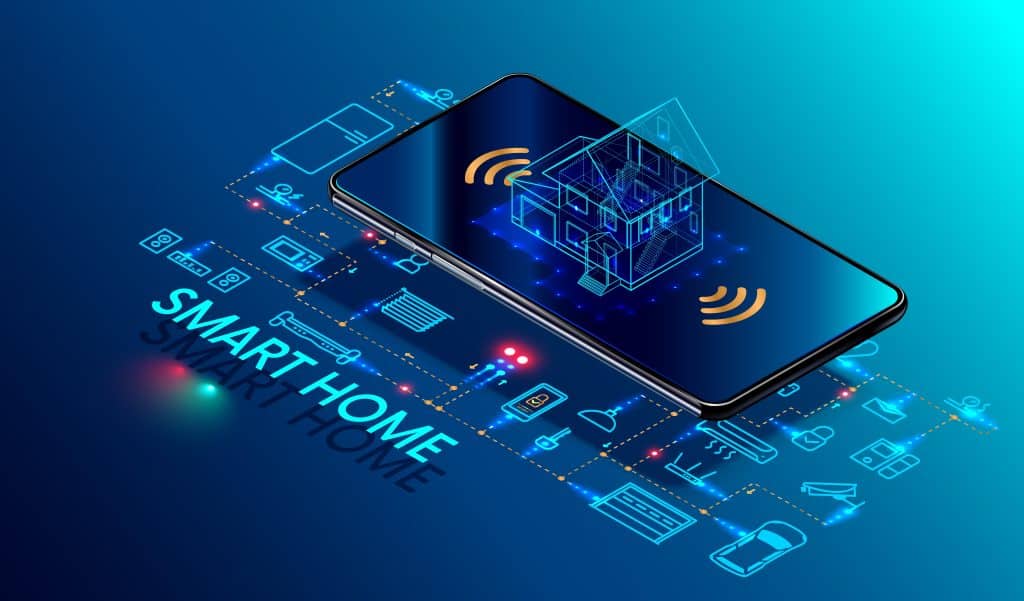
Smart home technology offers innovative ways to manage and reduce energy usage. Devices such as smart thermostats can learn a household’s routine and adjust heating and cooling settings to optimize energy use. These devices can be controlled remotely, allowing homeowners to make adjustments even when they are not at home.
Another aspect of smart technology is the integration of automation in energy usage. For instance, motion sensor lights that turn off automatically when a room is unoccupied can significantly reduce lighting costs. Similarly, smart plugs can cut power to devices in standby mode, preventing them from drawing energy unnecessarily. These technologies offer convenience while actively reducing energy consumption.
Lighting Solutions

Lighting is a significant part of household energy consumption, but it presents numerous opportunities for savings. Transitioning to LED bulbs is one of the simplest and most effective changes. LEDs consume significantly less energy and have a longer lifespan than traditional incandescent bulbs. This switch not only reduces energy use but also decreases the frequency of bulb replacements.
Besides changing light bulbs, homeowners should consider their overall lighting strategy. Maximizing natural light during the day can significantly reduce the need for artificial lighting. Additionally, installing sensor lights in less frequently used areas ensures lights are only on when needed, thereby conserving energy.
Water Heating And Usage
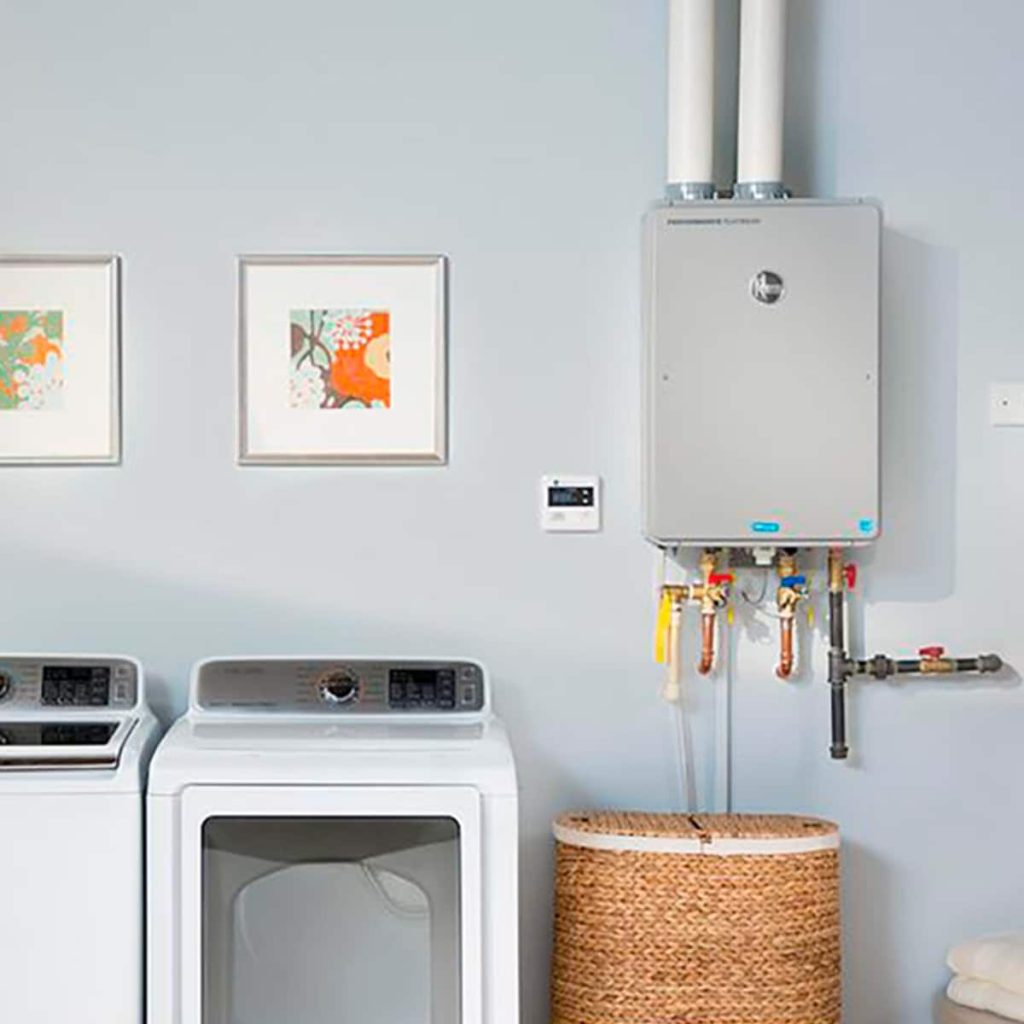
Water heating is another area where energy can be saved. Consider using tankless water heaters, which heat water on demand and are more efficient than traditional water heaters with tanks. Insulating hot water pipes and regularly maintaining the water heater can also improve efficiency, ensuring less energy is used to heat water.
In addition to heating, reducing water waste is important. Installing low-flow showerheads and faucets can reduce water usage without compromising performance. Fixing leaks promptly also prevents unnecessary water and energy waste, as a single dripping faucet can waste a significant amount of water over time.
Renewable Energy Sources
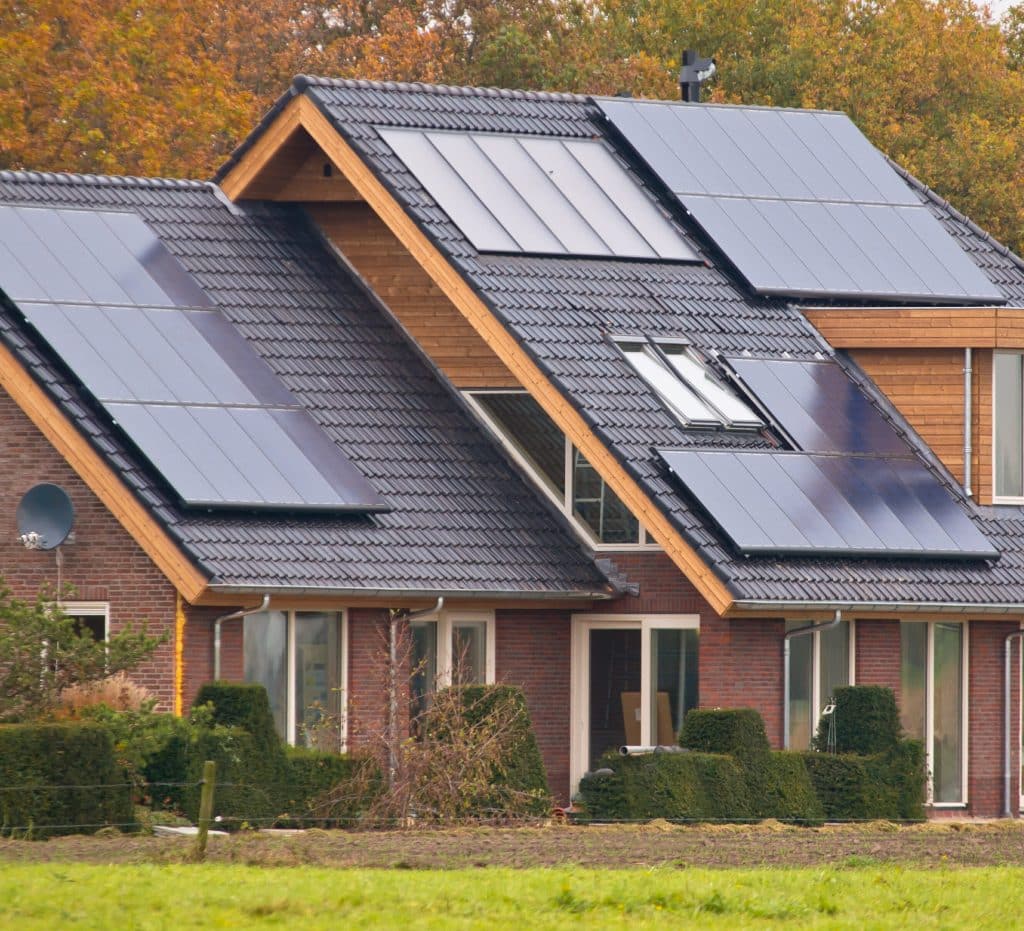
Incorporating renewable energy sources like solar panels can drastically cut household energy consumption. While the initial setup cost for solar panels can be high, they provide long-term savings by generating free electricity. In some regions, excess energy produced can be sold back to the grid, providing an additional financial benefit.
For those considering renewable energy, understanding the options and setup process is important. Researching local incentives and subsidies for renewable energy installations can make the transition more affordable. Additionally, exploring options like wind turbines or geothermal systems can offer alternative ways to harness renewable energy for home use.
Behavioral Changes And Daily Habits

Small behavioral changes can collectively lead to significant energy savings. Being mindful about turning off lights and electronics when not in use is a simple yet effective habit. Unplugging devices that are not frequently used also prevents them from drawing phantom energy, which contributes to unnecessary consumption.
Encouraging these energy-saving habits among all household members amplifies the impact. Teaching children the importance of conserving energy and setting an example through daily actions can cultivate a culture of sustainability within the home. Remember, every small action contributes to the larger goal of reducing energy consumption.
The Bottom Line
Ultimately, reducing household energy consumption is a multifaceted endeavor, combining technology, behavioral changes, and awareness. By adopting these strategies, homeowners not only enjoy the financial benefits of lower utility bills but also contribute to a more sustainable and environmentally friendly world. The journey towards energy efficiency is continuous, and every step taken, no matter how small, is a stride in the right direction. This guide offers a starting point, but the commitment to energy conservation is an ongoing process that evolves with technological advancements and personal lifestyle changes.